For the people of South Asia, war and conflict are not just events that passed. Rather, they are lived experiences, embedded in the minds of generations, as shattered homes, suppressed languages, and in the stillness that often accompanies brutality.
For many women, poetry has become a way to speak out when no one else would listen. It is a form of survival, protest, and remembrance. From across South Asia, the following seven poets have turned their personal and collective ache into powerful poetry that challenges patriarchy, state violence, and erasure.
1. Meena Kandasamy (India)
Meena Kandasamy is an Indian poet from Tamil Nadu. She is a poet as well as a translator and an activist. Her work does not shy away from harsh realities such as caste, patriarchy, and state-inflicted violence. As a child, she was a fierce opponent of oppression and began expressing herself through words.
Her first poetry collection, Touch (2006), focused on caste-based violence. In Ms Militancy (2010), she reimagines Hindu myths with a feminist lens, giving voice to women who are usually silent in religious stories. Kandasamy’s poetry doesn’t just talk about war in the traditional sense—it speaks of the war on the marginalised: Dalits, women, dissenters.
She also writes about the Sri Lankan civil war and the Indian state’s silence on Tamil genocide. Her work is bold, angry, and unapologetic. Kandasamy through her words, builds a space where rage becomes resistance.
2. Irom Sharmila (India, Manipur)
Someone might refer to Irom Sharmila as the “Iron Lady of Manipur,” but her identity extends beyond activism; she is also a celebrated poet. The most notable chapter in her life is her 16-year-long hunger strike, where her voice was raised to oppose the Armed Forces (Special Powers) Act (AFSPA)—a law granting excessive military authority in conflict-riddled areas like Manipur.
The most notable chapter in her life is her 16-year-long hunger strike, where her voice was raised to oppose the Armed Forces (Special Powers) Act (AFSPA)—a law granting excessive military authority in conflict-riddled areas like Manipur.
During her years of imprisonment and isolation, Sharmila wrote poems in Meitei and English. Her poetry is minimalist and haunting, speaking softly of pain, hope, and resistance. Her poems, albeit deeply personal, distantly resonate with the collective agony of a region riddled with militarisation. They are unlike manifestos or slogans.
3. Sujata Bhatt (India)
Sujata Bhatt is an Indian poet who delves deeply into themes like displacement, identity, and the complex aspects of cultural heritage. She was born in 1956, Gujarat, and moved to the US during her adolscence and later got settled in Germany.
Lately, her poetry, which tends to focus on the intricacies of existing in the space between cultures and languages, has been notably influenced by this transnational existence.
‘I ask you, what would you do / if you had two tongues in your mouth, / and lost the first one, the mother tongue, / and could not really know the other, the foreign tongue.‘
Her poetry is gentle, emotional, and often explore both personal memories and shared histories. She writes about what it feels like to move between countries, languages, and cultures. Her first poetry book, Brunizem (1988), was widely praised for how honestly it talks about losing one’s mother tongue and trying to find a sense of home.
In her poem “Search for My Tongue,” Bhatt talks about the difficulty of holding on to your mother tongue when another language starts to take over — a feeling many people in the diaspora can relate to as they try to keep their cultural roots alive.
4. Anam Zakaria (Pakistan)
Though primarily known for her non-fiction books on Partition and Kashmir, Anam Zakaria‘s work often blends poetic narrative with oral histories. She has collected stories from survivors of Partition, from communities living across the Line of Control in Kashmir, and from those affected by the Bangladesh Liberation War.
Her writing is not conventional poetry, but it reads like it—soft, layered, and deeply emotional. What war does to ordinary people, especially women and children is what Zakaria oftenly focuses on. Her work contributes to themes such as grief, longing and resistance that stand today as a reminder that history is not merely about dates and leaders.
5. Rochelle Potkar (India)
Rochelle Potkar, a poet and fiction writer hails from Mumbai and her words often tocuh everyday, relatable themes such as urban displacement, memory and subtle violences of everyday life. While her work doesn’t always speak of war directly, it captures the echoes of riots, partition, and political unrest in Indian cities.
‘Sometimes a riot is / only a broken window / in your mother’s voice.‘
Her collection Paper Asylum (2018) experiments with form, especially haibun (a Japanese style combining prose and haiku), to talk about loss and silence.
Her collection Paper Asylum (2018) experiments with form, especially haibun (a Japanese style combining prose and haiku), to talk about loss and silence. Some issues such as migration, motherhood and the emotional cost of any conflict that the mainstream often ignores is perfectly captured by her in her poetry through a feminist lens.
6. Tarfia Faizullah (Bangladesh/USA)
Tarfia Faizullah is a Bangladeshi-American poet who looks at themes like the traumas of war, memory, and identity. Born in Brooklyn and raised in Texas, she traveled to Bangladesh in 2010 on a Fulbright fellowship to interview survivors of the 1971 Liberation War, particularly the birangona—women who endured sexual violence during the conflict.
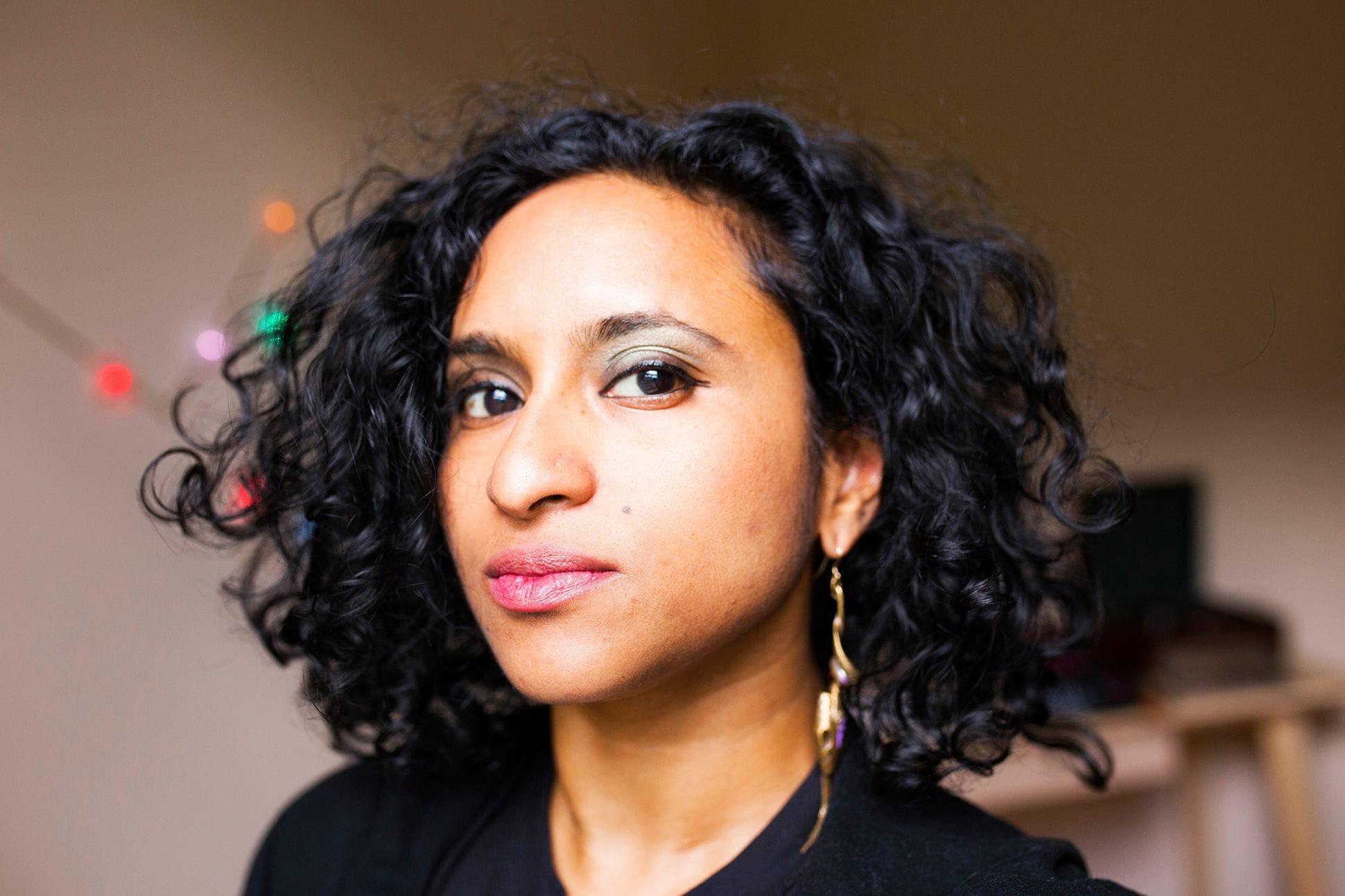
Her first poetry book, Seam (2014), is a powerful tribute to the women she met. Faizullah prefers to blend history with poetry in order to unveil the stories that are often neglected. She focuses her writing on the deep seated pain they endure and the fortitude that is required to simply exist.
Faizullah’s facing violent war realities along with the deep sober commemoration of remembrance in her poem “Reading Celan at the Liberation War Museum,” is truly remarkable.
She writes:
‘Stacks of biscuits wrapped in cellophane,
Stacks of bone in glass: thighbone,
Spine. Stacks of white saucers, porcelain
Circles into which stacks of lip-worn cups slide neat.‘
7. Zehra Nigah (Pakistan)
Zehra Nigah is one of Pakistan’s most respected Urdu poets. As a child, she watched the Partition unfold. This experience has given her poetry a sense of memory, migration and yearning. Being more nuanced than overt political poets, Nigah tells of loss and displacement through metaphor and storytelling.
‘Even the birds / forgot our names / when we crossed / that burning border.‘
These prose pieces illustrate her overtly maternal touch with national grief. Shahnaz’s works reflect the softer dimensions of personal lamentation and loss. She was among the first women to break conservative barriers and attend mushairas—Urdu poetry gatherings which were typically male-dominated.
In a region where official histories are often shaped by governments, armies, and elite voices, these women poets provide a necessary counter-narrative.
In a region where official histories are often shaped by governments, armies, and elite voices, these women poets provide a necessary counter-narrative. They remind us that war is not just fought on battlefields—it is felt in kitchens, classrooms, and bedrooms. It lingers in lullabies and last letters.
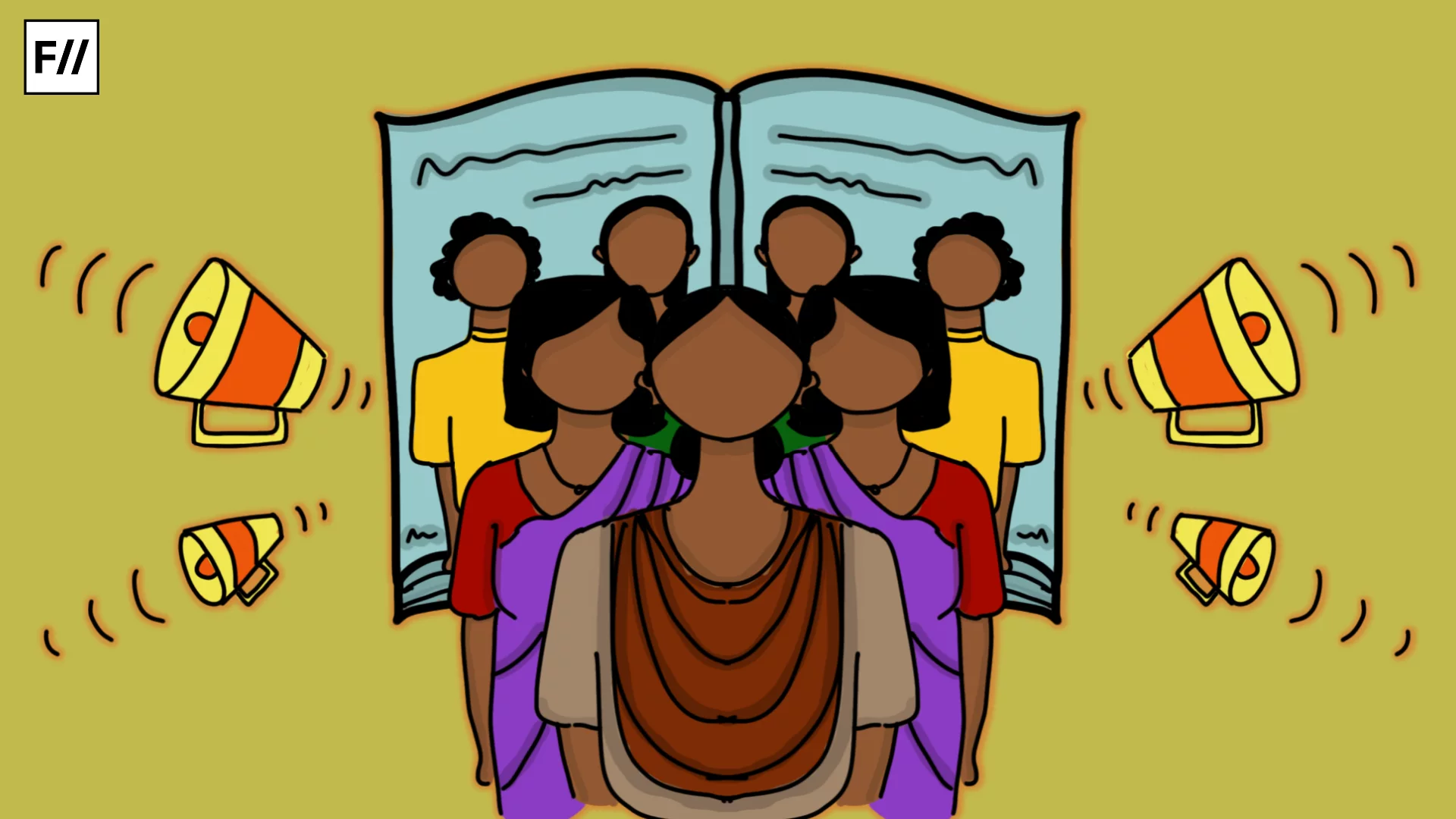
Through poetry, these women have reclaimed the right to remember. Their words are not just literature—they are acts of resistance. Their verses show us that in the face of silence, poetry speaks. And sometimes, that is the most powerful protest of all!
Corrigendum: It has been pointed out by the poet that a quote in the article is AI generated. The editorial team is deeply regretful for the error and we have edited the piece. We want to take accountability for the misquote and promise to be more careful in future.
About the author(s)
Anushka Bharadwaj is a journalism graduate from SCMC Pune. She is an intersectional feminist with a deep interest in gender, caste, politics, and mental health. When she’s not writing or reading, she’s usually found lost in poetry, dancing to her favourite songs, or discovering new music—always reflecting on the world through stories.
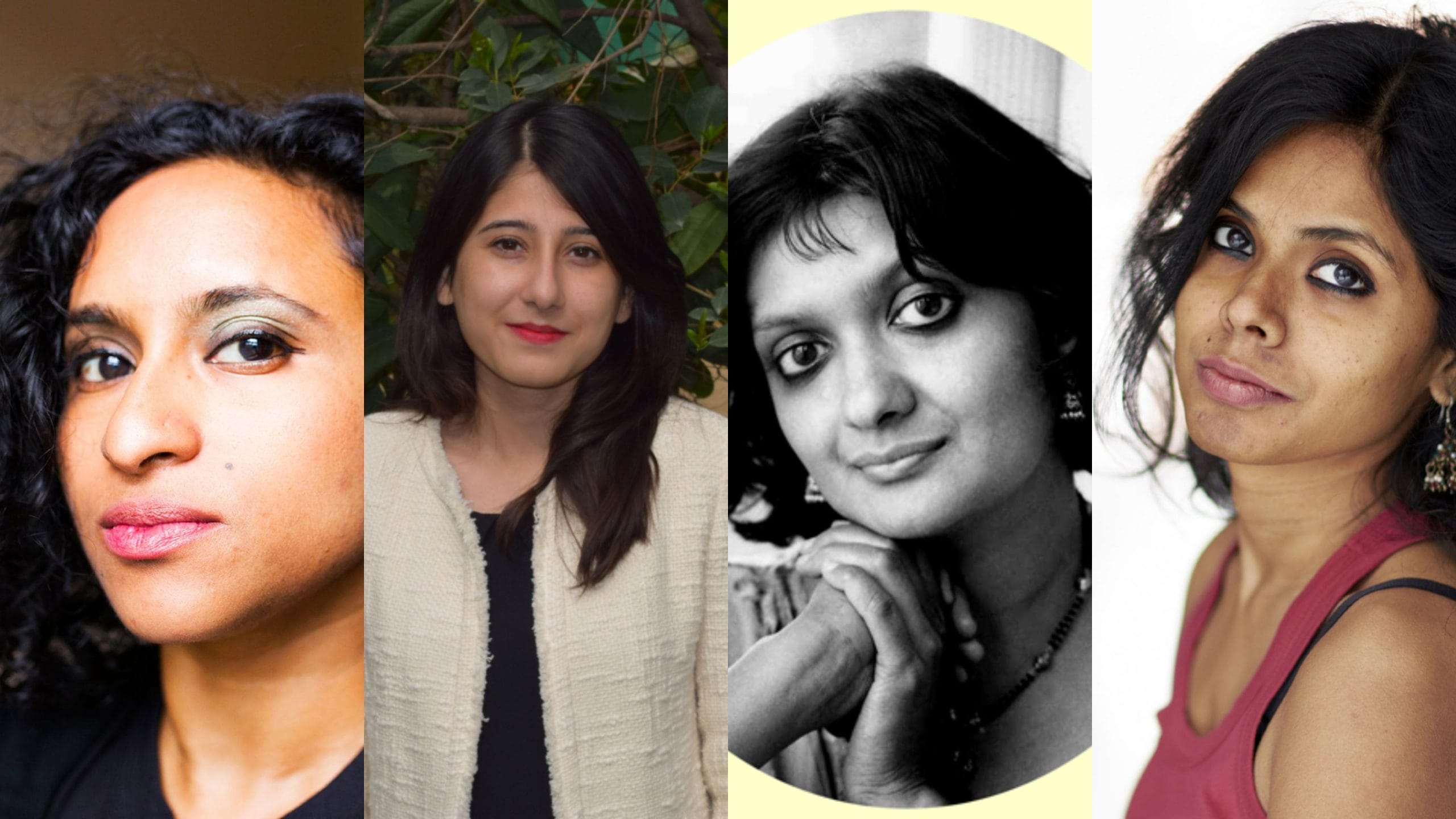
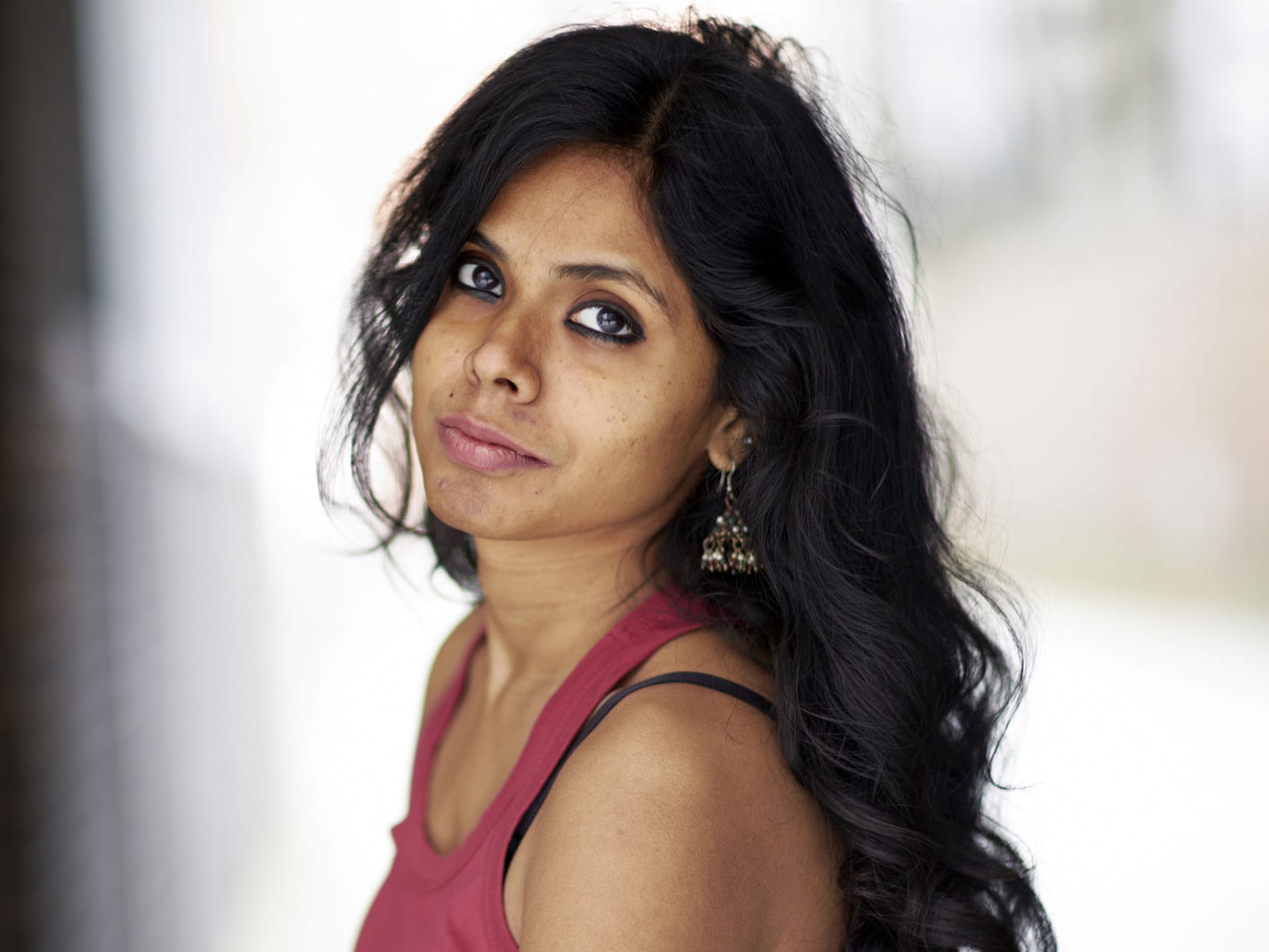
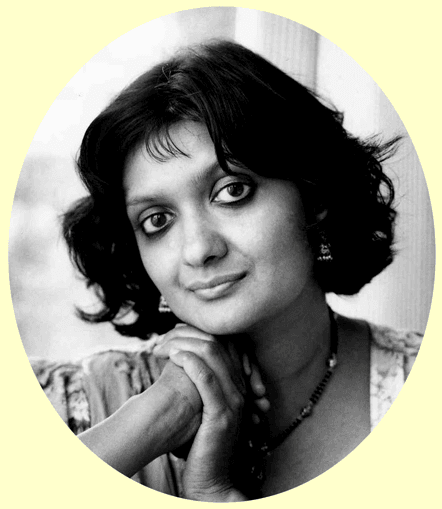
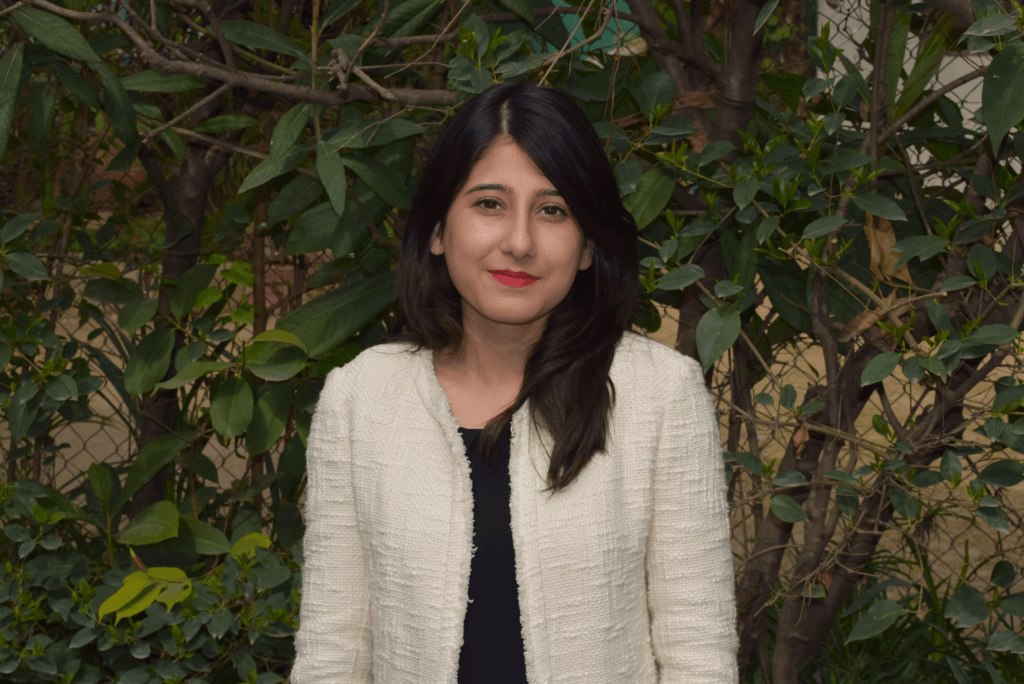

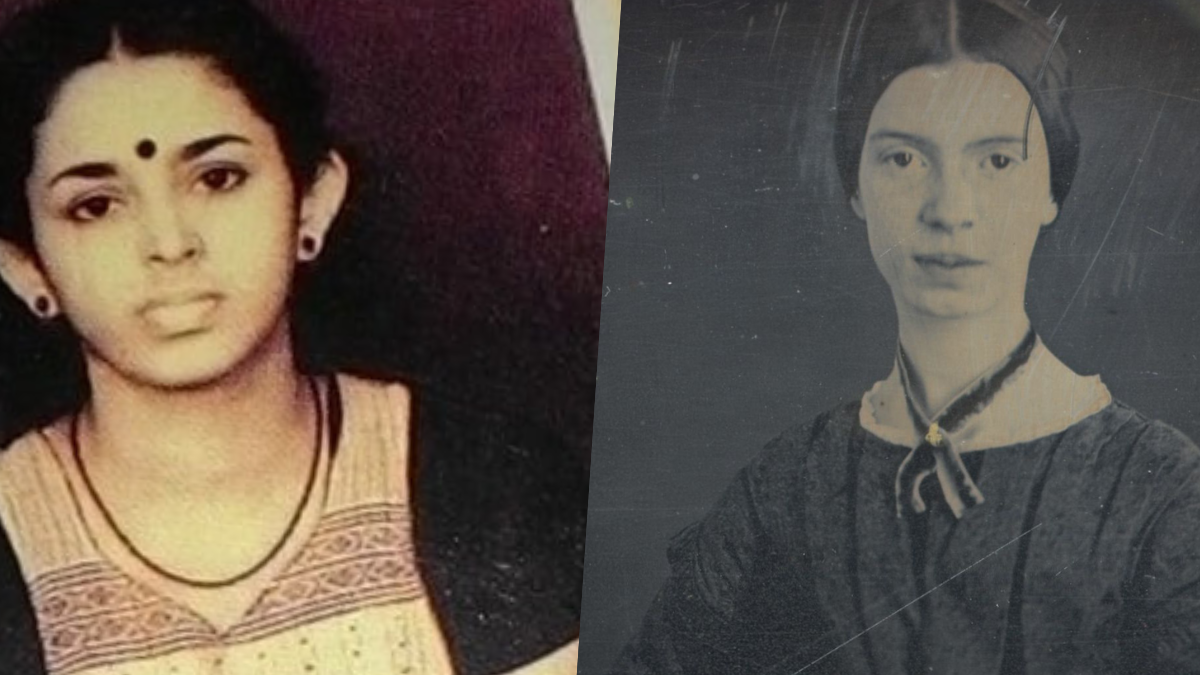

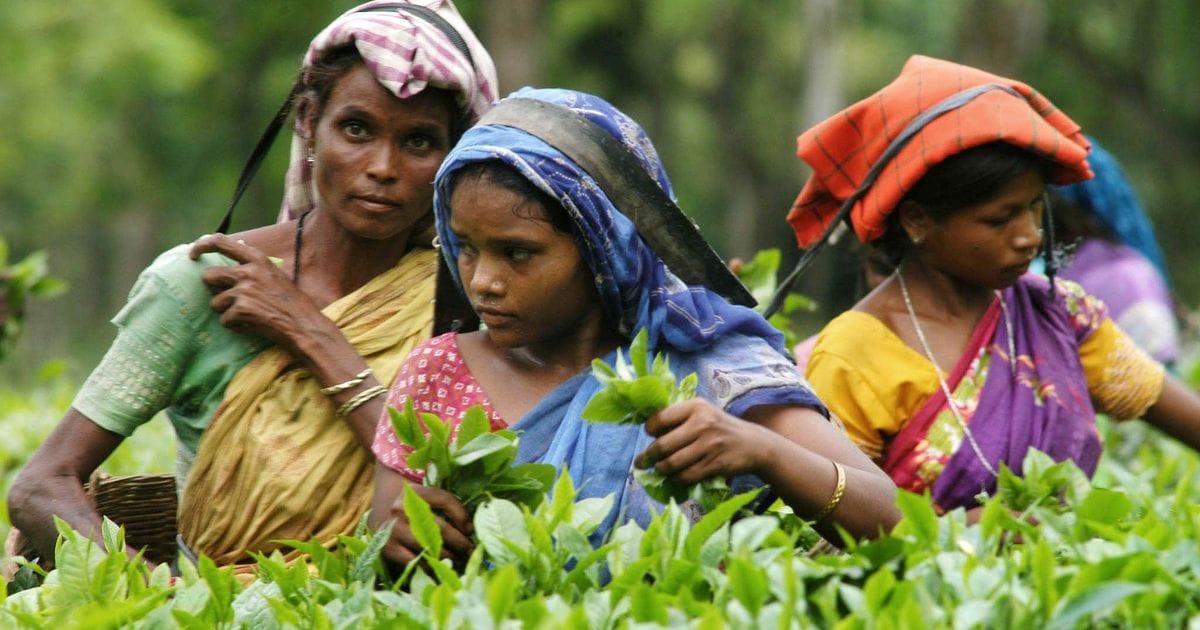

Comments:
Comments are closed.